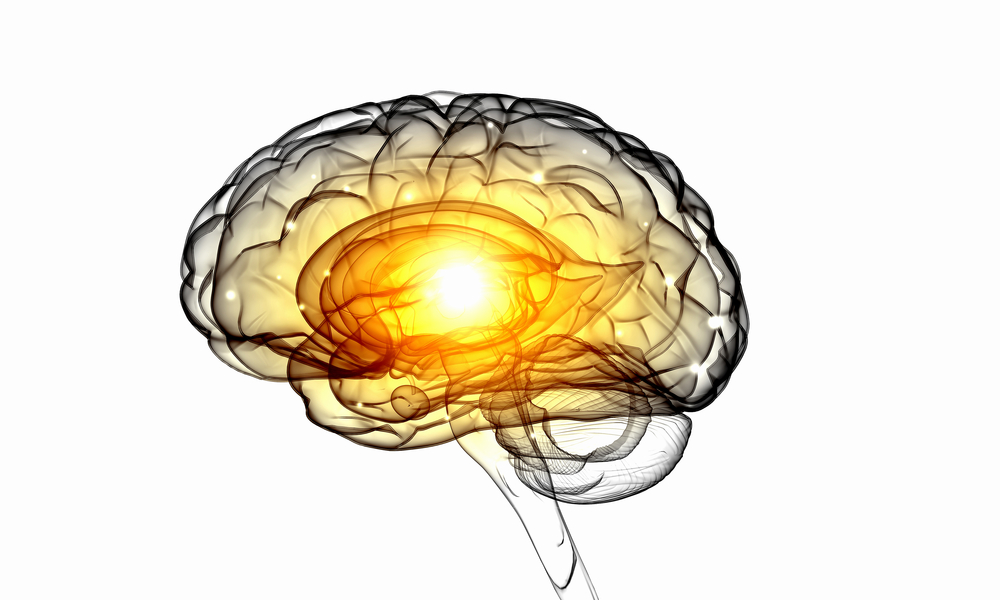JAX Researcher Awarded $5.4M to Study Cognitive Resilience in Early-onset Alzheimer’s
Written by |

A researcher at the Jackson Laboratory (JAX) in Maine has been awarded a five-year, $5.4 million grant to investigate why genetic mutations linked to Alzheimer’s disease (AD) — and found people with a family history of the disease — don’t always affect memory and cognition.
Assistant professor Catherine Kaczorowski received the award from the National Institute on Aging, a branch of the National Institutes of Health. Using a mouse model, she will study the genetic factors behind what is known as “cognitive resilience” in Alzheimer’s, and how those factors might help in discovering new targets and pathways to treat and prevent this disease, according to a JAX press release.
The genetic mutations that mark people with a family history of Alzheimer’s typically are associated with the more rare, early-onset type of AD, whose symptoms can begin as early as age 30. But the researcher believes this line of inquiry could also lead to a better understanding of late-onset Alzheimer’s, a more common form of the disease and one with no known genetic cause.
Kaczorowski was also recently awarded $60,000 by The Glenn Foundation for Medical Research for her work in biological mechanisms of aging.
And she received a five-year, $2.7 million grant, also from the National Institutes on Aging, for a research project identifying novel genetic factors and mechanisms of memory decline in normal cognitive aging, which could influence a person’s likelihood of developing AD. When that award was announced in May, Kaczorowski said in a release that variations in the disease’s severity and progression have made it difficult for researchers to identify the genetic risk factors and processes underlying AD.
The study complemented the work of the new, $25 million Alzheimer’s Disease Precision Model Center at JAX and Indiana University.
With this $2.7 million grant, Kaczorowski and her colleagues used a mouse model carrying variations in many genes, much as humans do, to measure memory function in mice as they reached 6, 12 and 18 months of age. The aim was to identify which genetic variations could protect against cognitive deterioration in those mice showing good memory abilities, and which variations were involved in the memory decline in the mice doing poorly on memory tests.
“Identifying novel genetic factors and mechanisms of memory decline will be a critical first step toward developing treatments and personalized gene therapies to maintain cognitive function in elderly humans,” Kaczorowski said in the May release. “And they would also have the tremendous potential to provide biomarkers for earlier detection of Alzheimer’s, which may mean more effective treatment in Alzheimer’s patients.”





